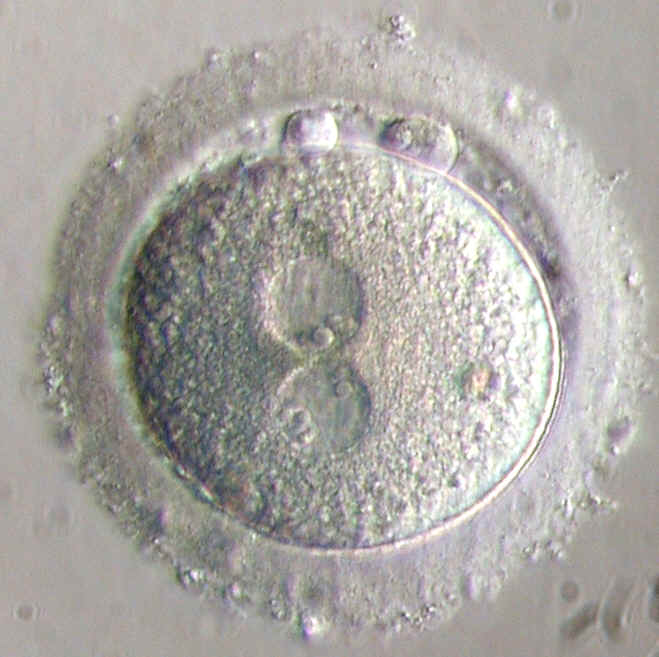You use a lot of loaded language here. It is not oppression if the cause is moral,...
Yes, it is. Thinking we're right doesn't make us right. And it doesn't give us the right to make everyone else comply with our presumption of righteousness.
And yes, it is right to imprison people who fails to meet the moral imperatives of the law.
The law has no "moral imperative". The law is based on social imperatives, such as equality, security, and individual freedom.
You seem to assume that the current state of affairs is some kind of ideological neutral position with no presuppositions whatsoever while those who wish to change it are the only ones that are motivated by ideology.
Government isn't about the promoting of ideologies. It's about keeping the peace, protecting the borders, and guarding our freedom. And part of that freedom is the freedom to believe as we wish, and to live according to our beliefs, so far as we are able in an organized interdependent society. That's the big mistake that's being made, here. This odd presumption that it's the government's place to do what even God Himself has chosen NOT to do: to enforce moral codes on people. The law against killing people isn't about the morality of killing. It's about keeping the peace within the society that's being governed. The laws against stealing are not about the immorality of theft. They're about protecting the rights of individuals from the abuse of other individuals within the society being governed. This isn't a battle between ideologies. It's a malicious attempt by of one group of people to oppress, by a deliberate perversion of government, the rights and freedom of other people.
The heart of this issue is the question of whether it is moral or immoral to committ abortions,...
No, that is not the heart of this issue. Everyone presumes their opinion is the "moral" opinion. But not everyone is trying to force everyone else to comply with their own presumed morally superior opinion.
I'm not an American, so I'm no expert on how the political system works. But it is my impression that the judges of the supreme court are elected by the president with approval of the senate. If that is indeed the case, I do not see how appointing judges with a certain moral leaning is against the democratic process.
They are proposed by the president, and either accepted or rejected by the Senate. But the president is supposed to be appointing the most qualified and UNBIASED jurists he can find, and the Senate is supposed to be voting on these qualifications. But because our politicians are willing to pander to people who do not have the best interest of the country and the courts in mind, they have been deliberately appointing biased judges. If one side does it then the other side thinks it has to do the same to "balance out' the bias, and the result is that instead of having highly qualified unbiased judges sitting on the highest courts in the land, we have poorly qualified biased judges that are now deciding important issues along political party lines. Which defeats the whole purpose of having these high courts in the first place.
Our government is based on a balance of power between the three branches (executive, legislative, and judicial) and when the partisan politics of one or another branch overwhelms the unbiased jurisprudence of the third, the whole system starts to come apart (as we are witnessing). The system depends on qualified unbiased judges.
I assume the right to abortion was appointed by the supreme court, which consisted of a certain set of judges with certain views. I do not see how you can argue that a morally conservative judge has any less right to be a member of the supreme court without presupposing the validity of your own view. It is no more stacking the courts than when the more liberal parties appoints more liberal judges. Seems to me that the appointment of judges to the supreme court is an essential part of the democratic rule of the country. Whether that is a good system is another question.
You are operating under the erroneous assumption that the political system is by definition a battle of biased opinions. But this is only so in the legislative branch, and even there the purpose of the 'battles' is to create consensus and find a workable compromise. It is not supposed to be an aspect of the judiciary, however. In fact, the judiciary is supposed to be just the opposite of a battle of biases. It's supposed to provide the resolution of such biased opposing perspectives through an unbiased application of jurisprudence. Stacking the courts with biased (and therefor unqualified) judges completely destroys the intent and purpose of the whole judicial system.
It may be a fear, it is however not a valid argument against the pro-life position simply because you are attaching lots of opinions and points of view to a cause that does not necessarily contain them.
I am not making any arguments against the 'pro-life' position. I am trying to explain the inherent malice that is expressed when people use their own presumed righteousness as an excuse to force their moral imperatives on other people. This only relates to the 'pro-life' argument in that many proclaimed 'pro-lifers' are acting with malice against their own government and fellow citizens.
I don't believe this malice is being cause by being 'pro-life'. I believe it's caused by the false presumption of self-righteous superiority that some 'pro-lifers' have fallen into.


